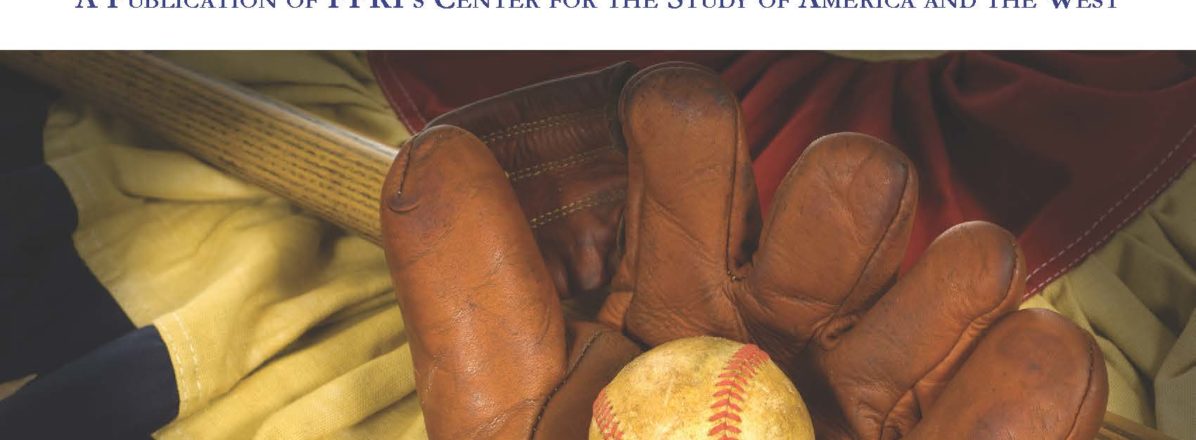A nation must think before it acts.
This Midsummer Edition of The American Review reflects on origins and inspirations, presenting three pieces that consider the influence of great thinkers, scholars, and traditions on American intellectual and political life.
We begin with a Laudatio for one of the greatest of modern world historians, William H. McNeill, by one of his most prominent students, Prof. Walter A. McDougall. A long-time professor at the University of Chicago, William McNeill, who passed away on 8 July of this year, was the author of numerous books, foremost among them his magisterial study, The Rise of the West. He was also a friend of FPRI’s Center for the Study of America and the West (of which Prof. McDougall is Chair) who participated in FPRI historical institutes, which inspired his brilliant essay, “What We Mean by the West,” published in 1997 in Orbis and re-published in 2015’s The Best of FPRI’s Essays on America and the West: 1993-2015. In his essay for The American Review, Prof. McDougall sketches the breadth and depth of McNeill’s work, and McNeill’s influence not only on the broader study of world history but on McDougall’s own development as a scholar and teacher. Intellectually insightful and emotionally powerful, McDougall’s meditation on his Doktorvater reminds us that even giants stand on the shoulders of giants, helping us all to see farther than we could ever hope to do on our own.
In this issue’s second essay, Prof. John A. Maurer of the Naval War College analyzes the scholarly and policy legacy of Captain Alfred Thayer Mahan. Already famous for works such as The Influence of Sea Power on History, 1660-1783, which established his reputation as a naval theorist and historian, Mahan was also a prominent commentator on the international relations of his time. Offering a detailed discussion of Mahan’s writings during the period leading up to the First World War, Prof. Maurer evaluates the significance of Mahan’s work in the context of his own time and our own, encouraging readers to engage with the continuing significance of his classic works as we confront shifting balances of global power and the possibility of new conflicts on the sea—South China and otherwise.
In a final examination of roots and inspirations, FPRI senior fellow and leading historian of American religion D. G. Hart examines The Origins of American Religious Nationalism in a review of Sam Haselby’s book of the same name. In his assessment of Haselby’s narrative of the rhetoric and action of 19th Century Protestant thinkers, Hart sees fascinating, if unsettling echoes, of present discourse on the meaning and purpose of American politics, and highlights the religious sentiments and language that continue to shape our public debates.
One of our continuing goals at The American Review is to encourage scholars to consider the texts that have shaped their intellectual development, and which can continue to enrich our understanding of past and present. We plan to publish many more such appreciations in the issues to come, and hope you will join us then. As ever, we also hope you will contact us with your thoughts—on your own inspirations; the texts that you have read and think others should read; and on what we have done, failed to do, or should plan to do in the future.
Onward!





